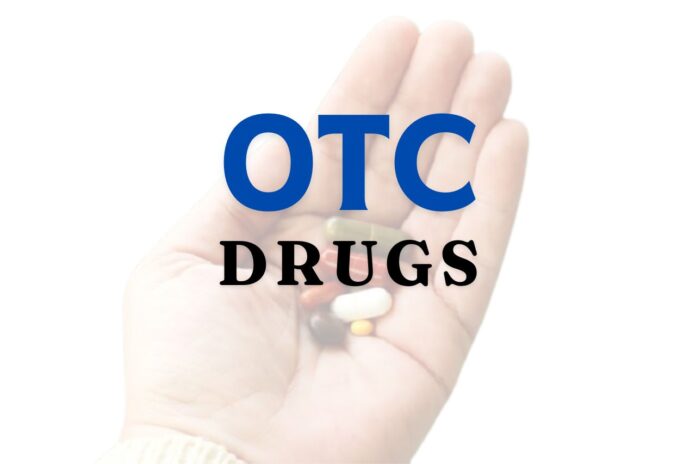Last Updated on May 15, 2024 by The Health Master
OTC Drugs
The All India Organisation of Chemists and Druggists (AIOCD), a leading association of pharmacists in India, has vehemently opposed a proposal by the Central Government to allow the sale of over-the-counter drugs (OTC drugs) in general stores and grocery stores.
J. S. Shinde, President and Rajiv Singhal, Hon Gen Secretary of AIOCD argue that such a move would pose significant public health risks due to the lack of pharmacist oversight and potential for misuse of drugs.
Concerns Raised by Chemists
Violation of Existing Laws:
AIOCD highlights that selling any drug, including OTC drugs, through unlicensed stores would violate the Drugs and Cosmetics Act, Pharmacy Act, and Pharmacy Practice Regulations.
These regulations mandate the involvement of registered pharmacists to ensure the safe and proper dispensing of drugs.
Lack of Pharmacist Consultation:
Pharmacists play a crucial role in educating patients about drug usage, dosage, and potential side effects.
Without pharmacist guidance, individuals risk self-medicating incorrectly, leading to adverse reactions, missed diagnoses, or ineffective treatment.
Increased Risk of Self-Medication and Drug Abuse:
Easy access to OTC drugs in grocery stores could encourage self-diagnosis and misuse of medications, potentially leading to dependence and addiction.
Proliferation of Spurious Drugs:
The lack of regulatory control in general stores could create opportunities for the sale of counterfeit or substandard drugs, jeopardizing public health.
Improper Storage and Expired Drugs:
Grocery stores may not have the necessary infrastructure or expertise to ensure proper storage conditions for drugs, potentially compromising their effectiveness and safety.
Delayed Access to Healthcare:
Reliance on OTC drugs for minor ailments might delay individuals from seeking professional medical attention for potentially serious conditions.
Weakened Pharmacovigilance:
Grocery stores may lack the systems for reporting adverse drug reactions, hindering efforts to monitor drug safety.
AIOCD’s Recommendations
The AIOCD emphasizes that India’s existing network of nearly 10 lakh retail chemists and 13.5 lakh pharmacists is sufficient to meet the population’s needs for OTC drugs.
The association urges the government to consider these concerns and involve all stakeholders in discussions before implementing any policy changes regarding OTC drug sales.
Disclaimer: This article contains information derived from the source mentioned below. Our team utilized an AI language model to rewrite and present the news or article in a unique format.
India to finalise List of OTC Drugs
Journey of OTC Drugs Regulation in India
Risks of OTC Cough Syrup for Children Below 4 Years
NMC mention OTC sale of certain therapeutic categories of Drugs
Positive Govt response awaited for New Regulation on OTC Drugs
Procedure to obtain license for Medical Store / Pharmacy
How to start Jan Aushadhi Store: Procedure
Self audit of Medical Store :105 points
Record keeping for Medical Store / Pharmacy
How to change Pharmacist at Medical Store
Good storage practice of medicines at Medical Store
FAQs – on Medical Store / Pharmacy (Retail sale or Wholesale)
Empowering Regulators for Excellence: 21 Training Programs in 2024-25
USFDA inspection: With OAI observations at Sun Pharma
Specific Regulations required for New Drugs and Clinical Trial Rules for Homoeopathy
FSSAI: Food Labelling and Display – Chapter-5
USFDA Inspection: Natco Pharma Receives Positive EIR
Drug recall: 7 lots of Treprostinil injection recalled due to this reason
CDSCO Empowers Regulators, Drives Pharma Export Boom
Important Information About Pseudoephedrine in India
Pakistan: Pharma Company Faces Imprisonment and Fines for NSQ Drug
Revised Schedule M: A Game-Changer for India’s Pharmaceutical Industry












